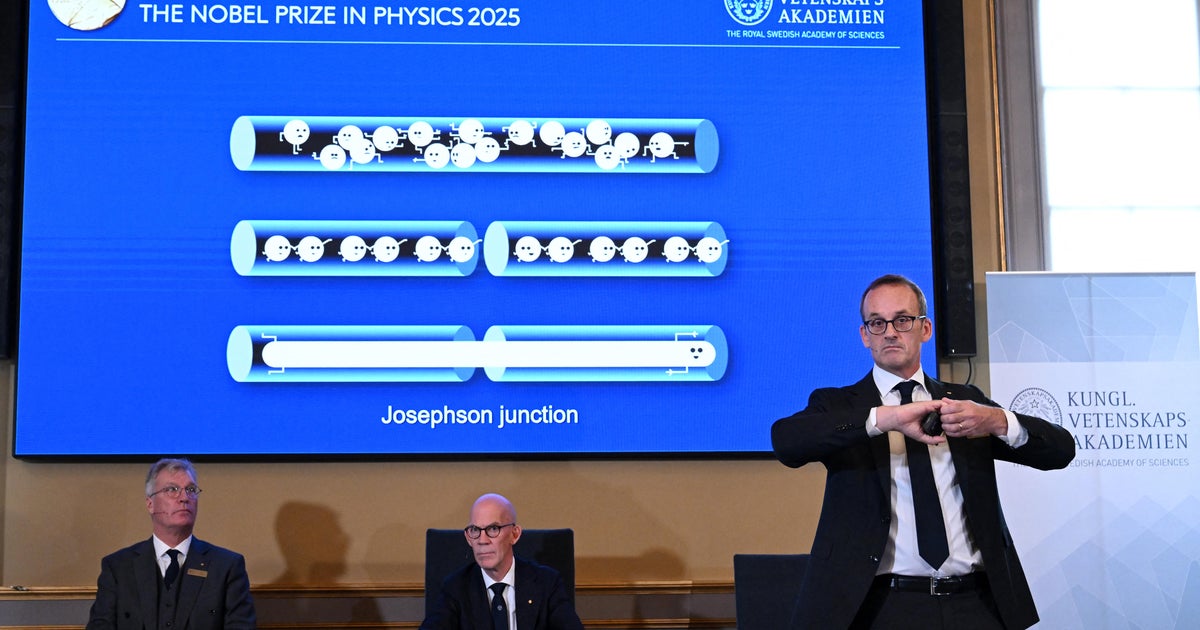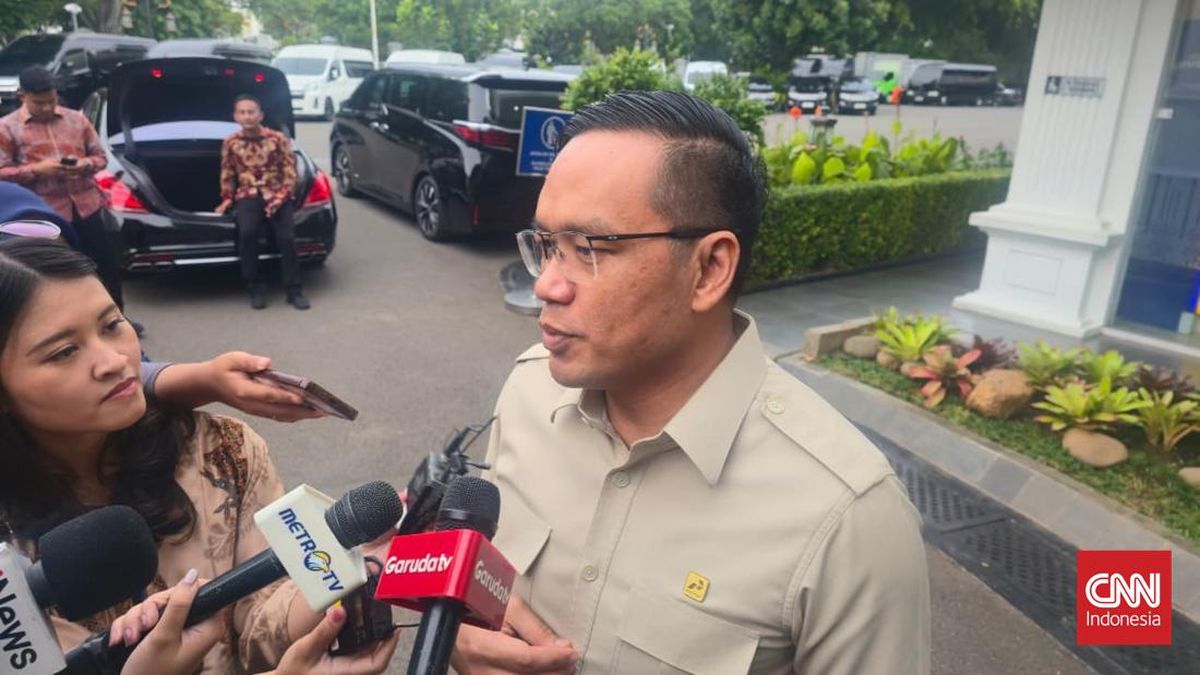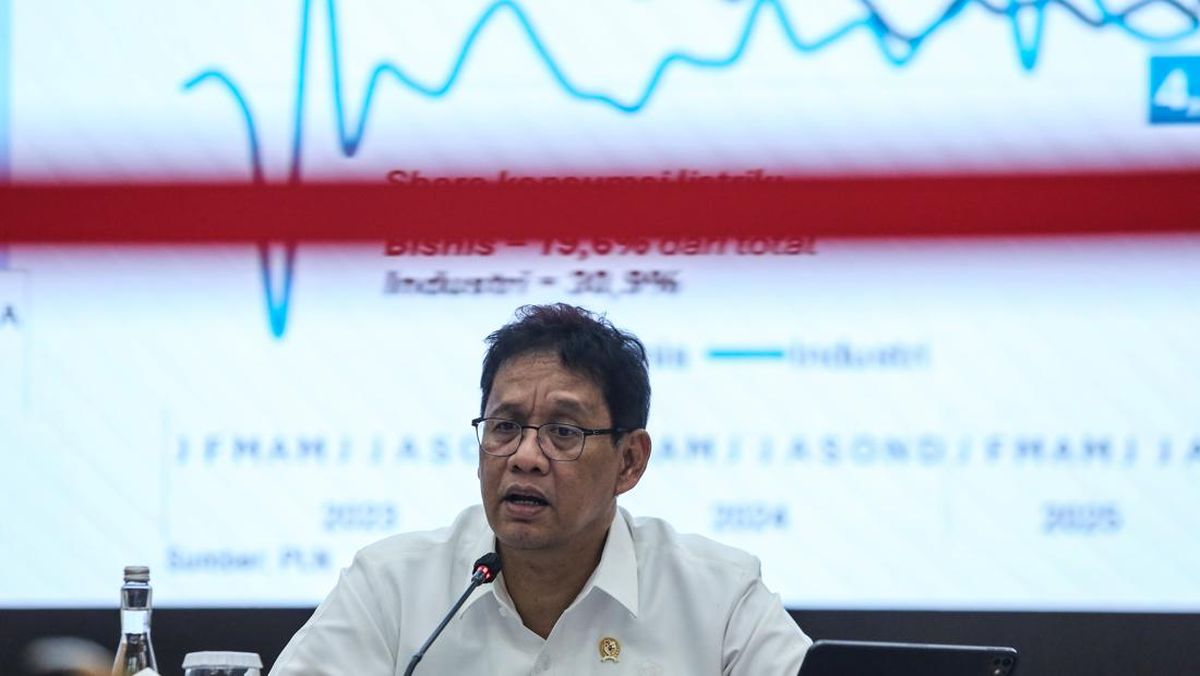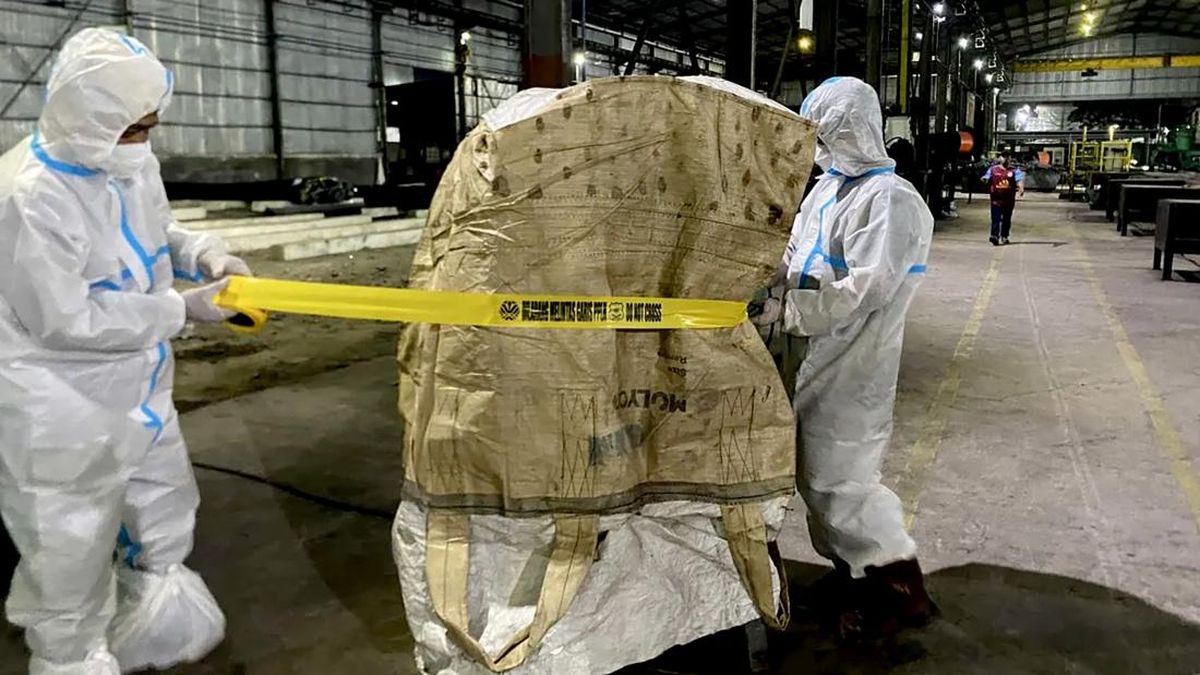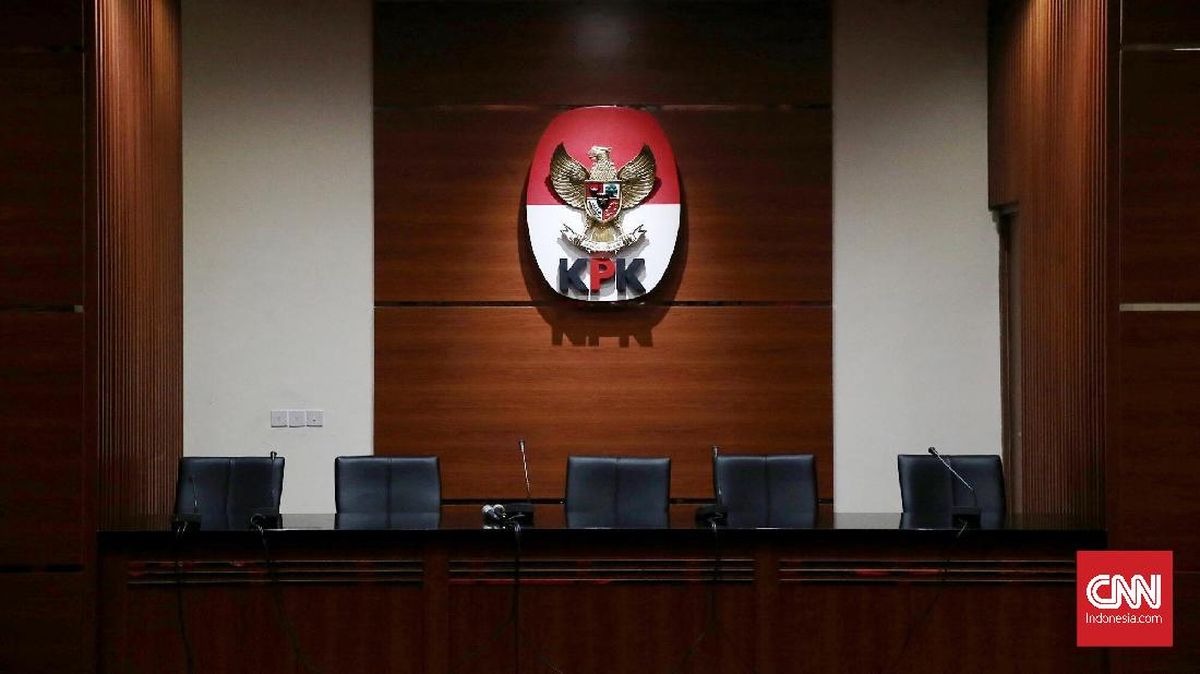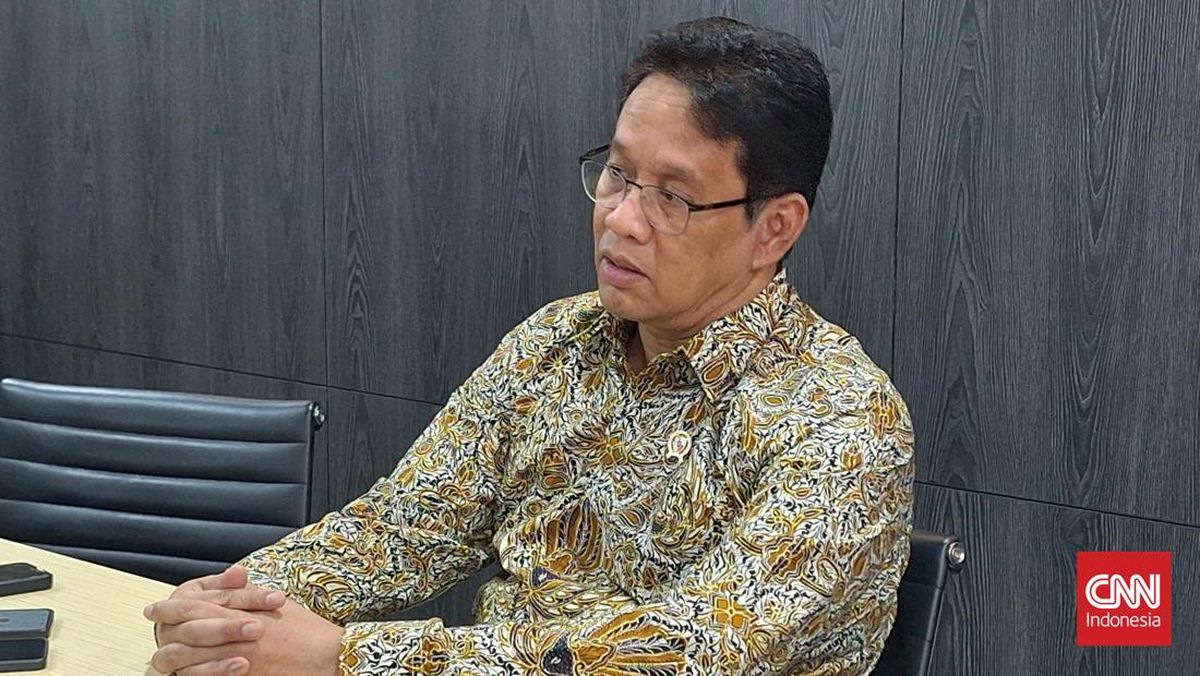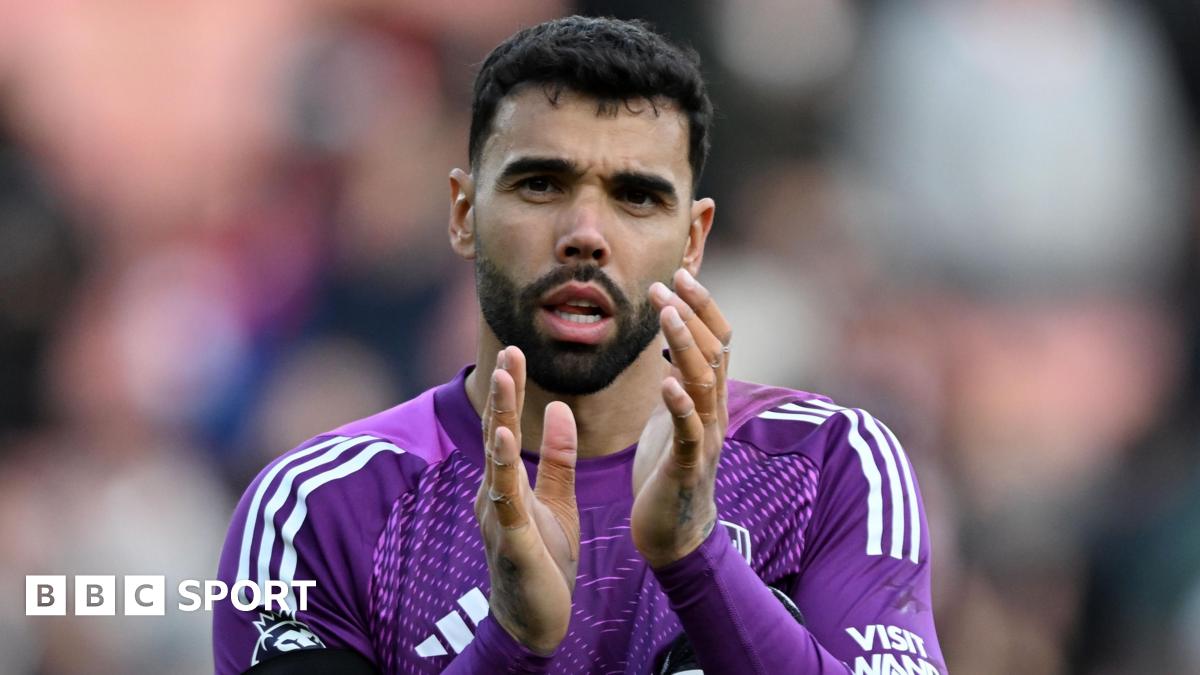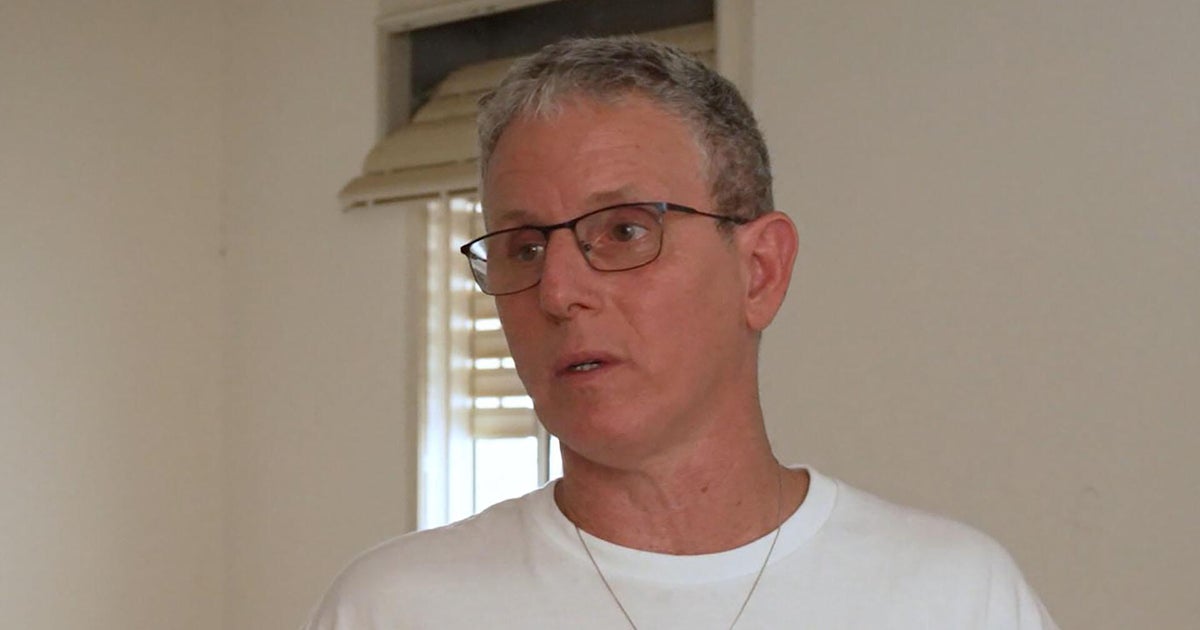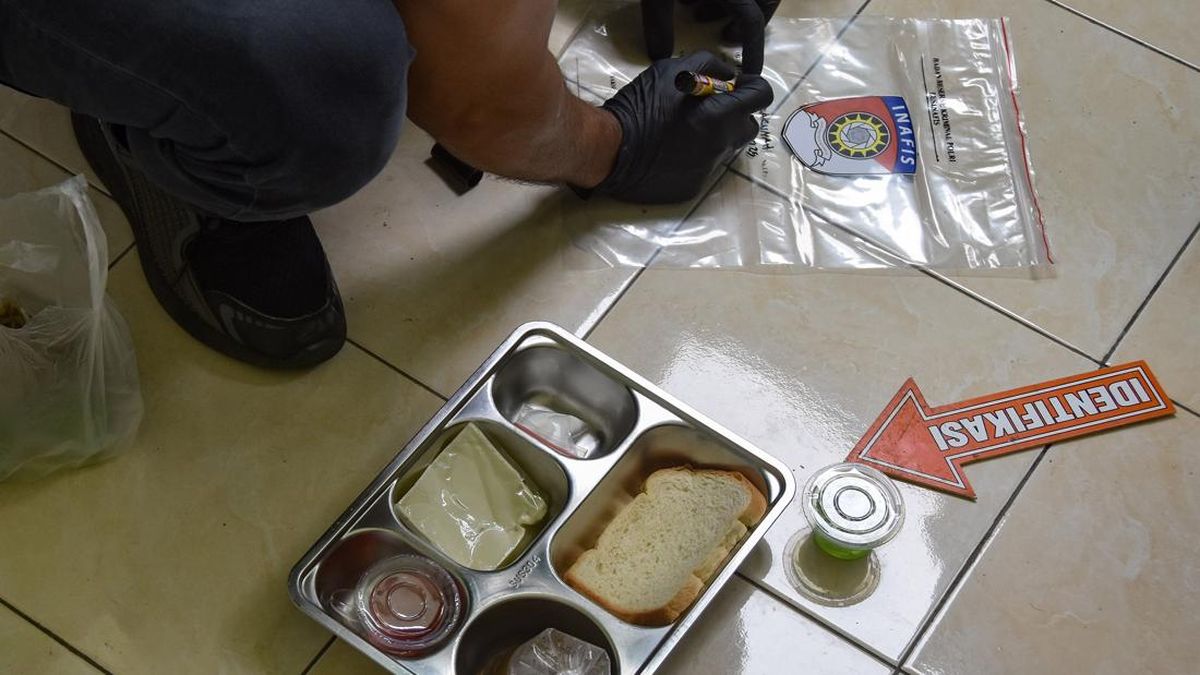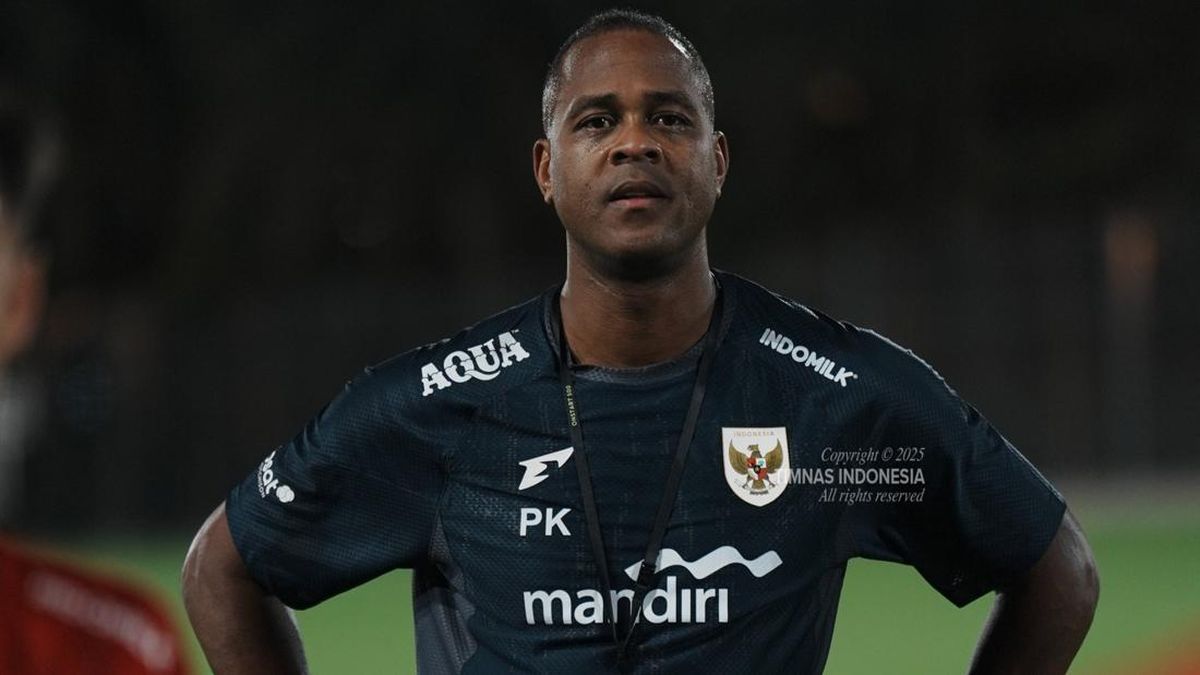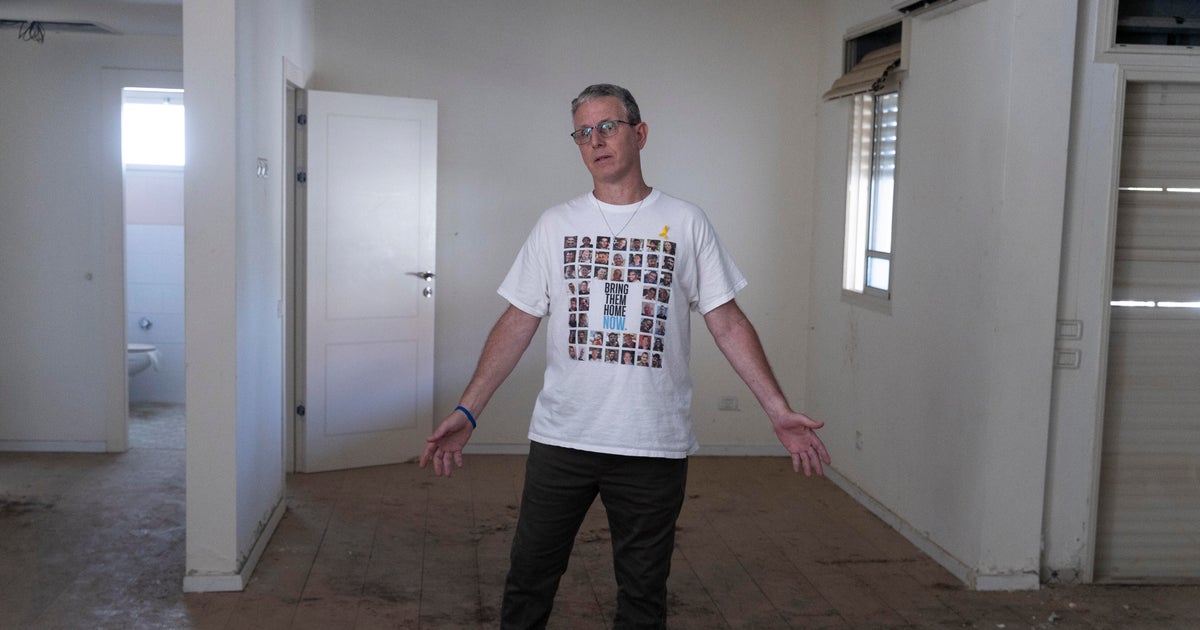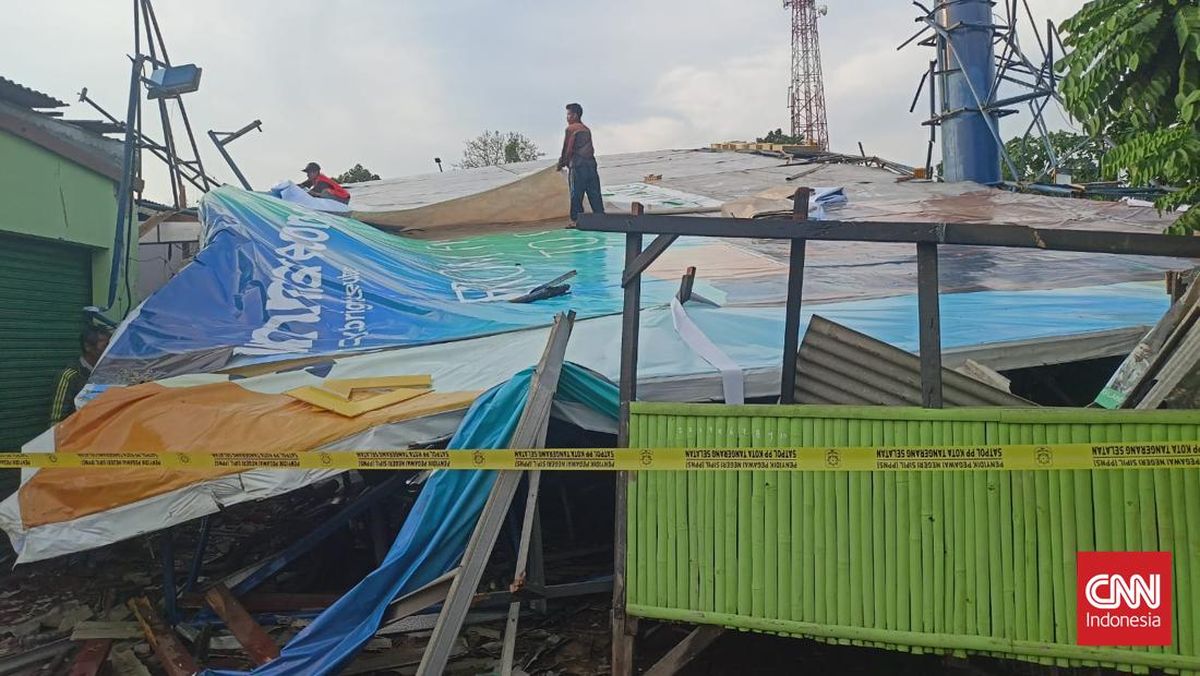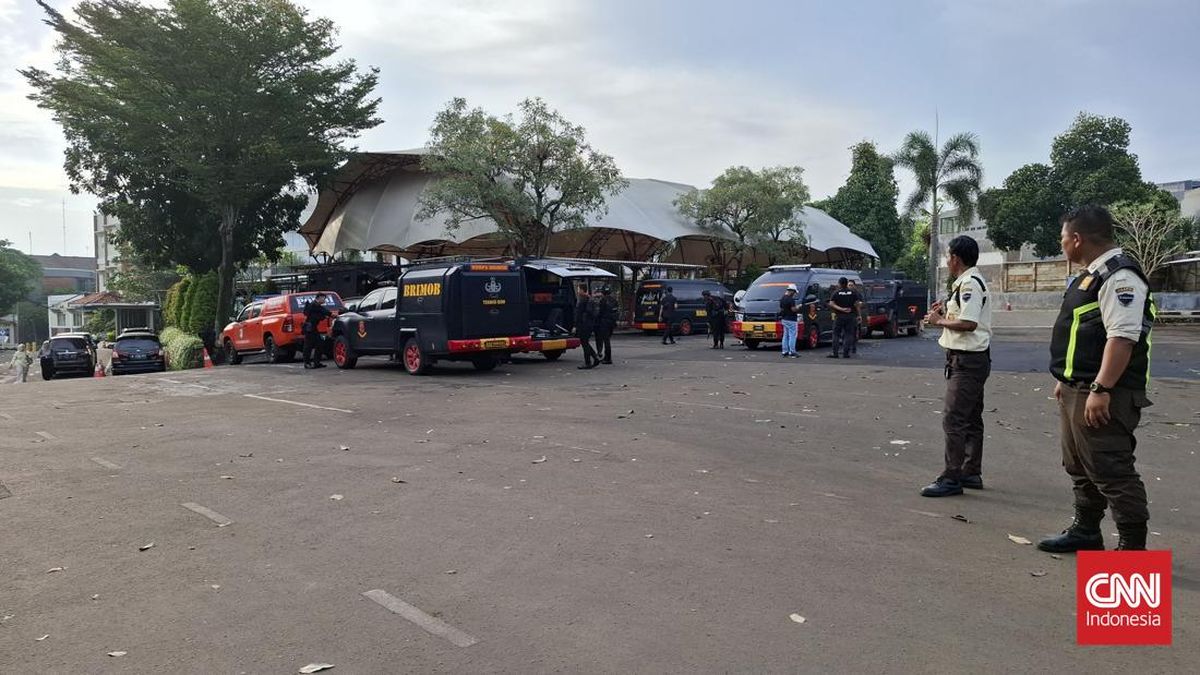Donald Trump has made Israeli Prime Minister Benjamin Netanyahu apologise to Qatar for bombing Doha last month. It’s far from the most consequential story from Trump’s plan aimed at ending the Gaza war, announced at the White House this week alongside Netanyahu.
But it’s quietly among the most instructive details, because it shows that Trump can – if he is so motivated – simply require Israel to do things. In this case, Trump’s motivation seems clear enough. Trump quite likes Qatar, sees it as an important ally and was embarrassed and annoyed by Israel’s unauthorised strikes on it.

Illustration by Simon Letch
What, then, are we to make of the things Trump hasn’t even attempted to treat in a similar way? Things like Israel allowing more aid into Gaza to alleviate starvation, or giving up any designs on annexing the West Bank or ethnically cleansing Gaza. These things, Trump will not simply require Israel to do.
Instead, they sit in Trump’s plan as though they are some kind of Israeli concession. Should Hamas not accept the current plan, Trump has made plain he will give Israel his “full backing” to “finish the job”. I interpret that to mean he will support Israel continuing the means it has been using. Starvation and ethnic cleansing are bargaining chips, not red lines.
Loading
Never have I wanted to be wrong more than in this moment. Because right now, I cannot avoid the conclusion that Trump has just handed Netanyahu a blank cheque. To explain this fear, perhaps it’s best to begin with the various reasons I might be wrong.
One is that the Israeli far right – whose ethnic cleansing designs are explicit and who have driven so much of Netanyahu’s prosecution of this war – seem to hate Trump’s plan: “a tragedy of leadership” and “an act of wilful blindness” in the phrase of Finance Minister Bezalel Smotrich.
Conversely, a reasonably broad range of Arab and Muslim-majority polities have expressed support: Qatar, Jordan, the UAE, Indonesia, Pakistan, Turkiye, Saudi Arabia, Egypt, and the Palestinian Authority. All this, I concede, suggests the plan pushes Netanyahu to change direction.
Another is that the plan is presented as a list of principles. Those principles prohibit Israel from annexing the West Bank. They affirm that “no one will be forced to leave Gaza, and those who wish to leave will be free to do so and free to return”. Indeed, they “encourage people to stay and … build a better Gaza”. They also express an (admittedly vague) aspiration one day for “a credible pathway to Palestinian self-determination and statehood”. Netanyahu said at the White House he accepts these principles.
But then come the doubts. Only hours after Netanyahu agreed to this, he posted an Instagram video in Hebrew in which he made plain he would “not agree” to a Palestinian state. He reiterated that Trump had given Israel the licence to continue militarily if Hamas rejected the plan. Netanyahu also celebrated the fact that this plan, unlike previous agreements, allowed the Israeli military to stay in Gaza while Hamas returned the remaining hostages.
That last point isn’t trivial. It’s similar to another of the plan’s features: that instead of Israel and Hamas swapping Israeli hostages and Palestinian prisoners simultaneously, the hostages will be released first. And that’s the underlying logic here. Ultimately, it puts everything in Israel’s gift, with no accountability mechanism for how it might use this power.
We have no idea, for example, what would happen if, having received the hostages, Israel simply decided to remain in Gaza, or refused to return Palestinian prisoners. Given how Netanyahu’s political survival depends on his far-right coalition partners, and given how clearly those partners want the war to continue and Israel to remain in Gaza, this is not remotely a fanciful scenario. And if it transpired, who aside from Trump could do anything about it? Netanyahu highlighted this feature of the plan for a reason: almost certainly as a signal to those far-right allies that they needn’t fear.
The plan is shot through with such difficulties. Netanyahu notes that Israel’s withdrawal from Gaza will be gradual and “linked to the extent of disarmament and demilitarisation” of Hamas. What happens if Israel decides progress on this is too slow and resumes bombing?
Similarly, the deal envisages a technocratic Palestinian committee to provide day-to-day services, until the Palestinian Authority is adequately reformed. Who would be the arbiter of whether this has been satisfied? And more specifically, what would happen if Israel simply declared it hasn’t? Given this is the precursor to the possibility of the Palestinian state Netanyahu has always opposed, it’s again a perfectly likely scenario. Will some independent body resolve this?
Loading
All of this is a reflection of the fact that this is not a deal in any sense. No Arab nation was present at that press conference. The plan was developed with no discernible Palestinian involvement at all. Trump has declared there’s “not much” room for Hamas to negotiate terms, and that it had days to accept or “pay in hell”.
The Arab and Muslim nations that welcomed this, and whose involvement will be crucial in it working, have set out conditions Netanyahu explicitly rejects and which the Trump plan doesn’t allow for, including that Israel withdraw fully from Gaza and commit to a pathway for a Palestinian state. Moreover, they want the Palestinian Authority to invite them to provide troops to stabilise Gaza so they aren’t seen as yet another occupying force. Trump’s plan provides for none of that.
Which leaves this plan at the mercy of will. The will of Hamas to accept its dismantling, when this has always been non-negotiable for it. The will of Netanyahu to end a war he has shown every interest in prolonging. The will of Trump to force Israel to abide faithfully by the plan, even where it’s politically inconvenient. The worry isn’t just that this seems unlikely on all fronts. That’s inevitable in such an intractable tragedy, and I’m prepared to clutch at hope. No, the worry is that the authorised fallback position involves words like “hell”.
Waleed Aly is a broadcaster, author, academic and regular columnist.
The Opinion newsletter is a weekly wrap of views that will challenge, champion and inform your own. Sign up here.
Most Viewed in World
Loading

